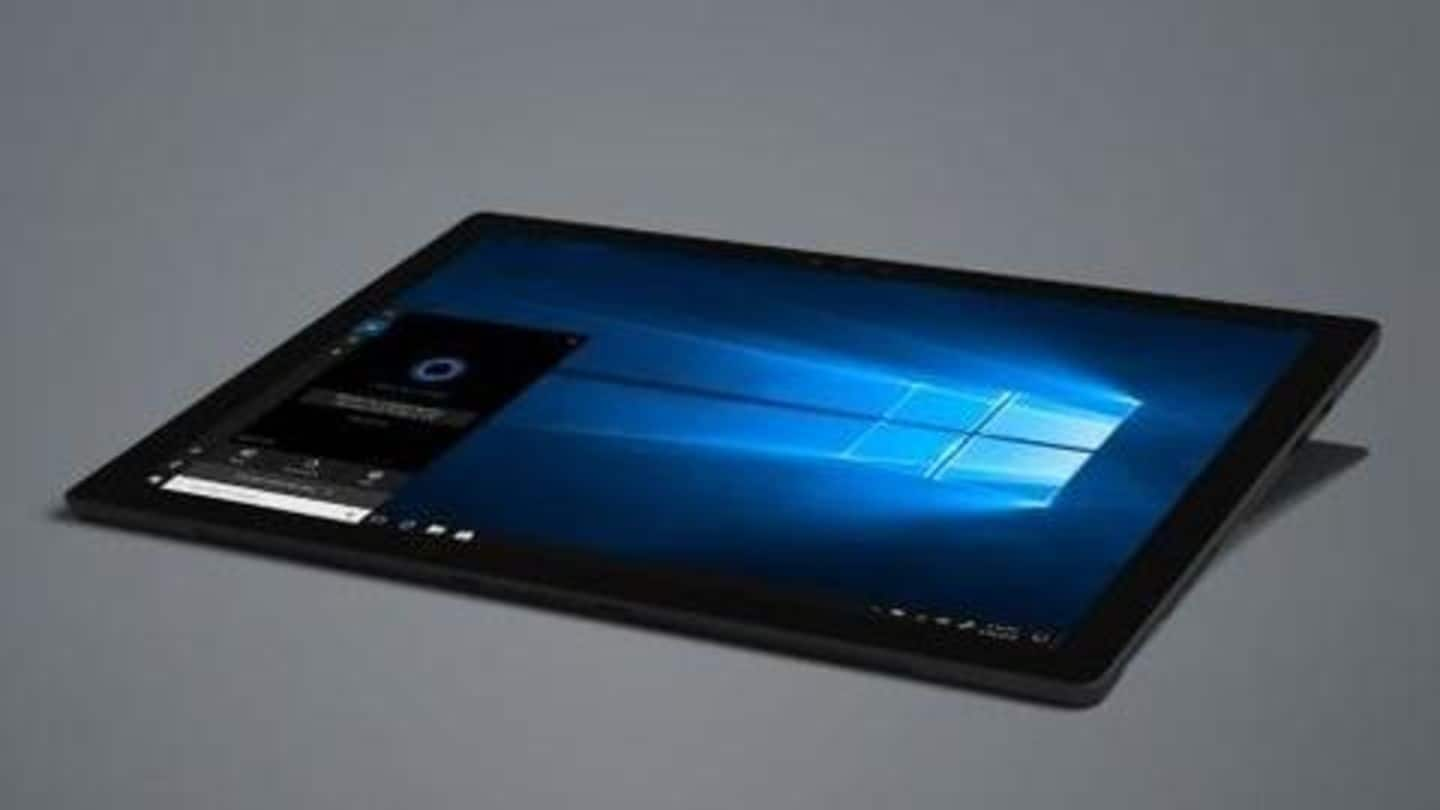
Soon, Windows-based foldable devices could take on Google's 'Foldables'
What's the story
The foldable phone revolution started last year, and it's only getting bigger with time. We have already seen a couple of devices with foldable panels (including one from Samsung), but now, reports suggest that another big giant is jumping on the bandwagon - Microsoft. The company is said to be working on special version of Windows for foldable devices. Here's all about it.
Microsoft's move
Microsoft working on optimizing Windows for foldable devices
Moving in line with the latest trend in technology, Microsoft is working on optimizing Windows 10 for foldable devices, The Verge has reported. The outlet cited a couple of sources familiar with the company's plans and noted that the Redmond giant is investing heavily in adapting Windows and several built-in apps for devices with foldable and dual screens.
Information
Interestingly, Windows for foldable devices has already been spotted
Just a few days back, BuildFeed spotted the first ever build of Windows developed for foldable devices. The development clearly shows that the company has a dedicated team optimizing the software for the foldable hardware.
Competition
But, will Microsoft launch its own foldable device?
Though Microsoft has not announced any plans, the developments clearly indicate we may see a special version of Windows for foldable devices. While its implementation still remains a major question, we could see Microsoft's own devices running optimized Windows, like the previously rumored foldable Surface phone or dual-screen hardware codenamed Andromeda. Or we could also see the OS on devices from third-party manufacturers.
Challenge
Either way, the move could challenge Google's 'foldables'
Either way, a special version of Windows will definitely challenge Google's own Android for foldables. The search giant announced Android support back in November and has also been working with Samsung for its foldable 'Galaxy F' device. As such, Windows could be the other OS offering native support for foldable hardware, just like how it did with Windows 8 for 2-in-1s years ago.